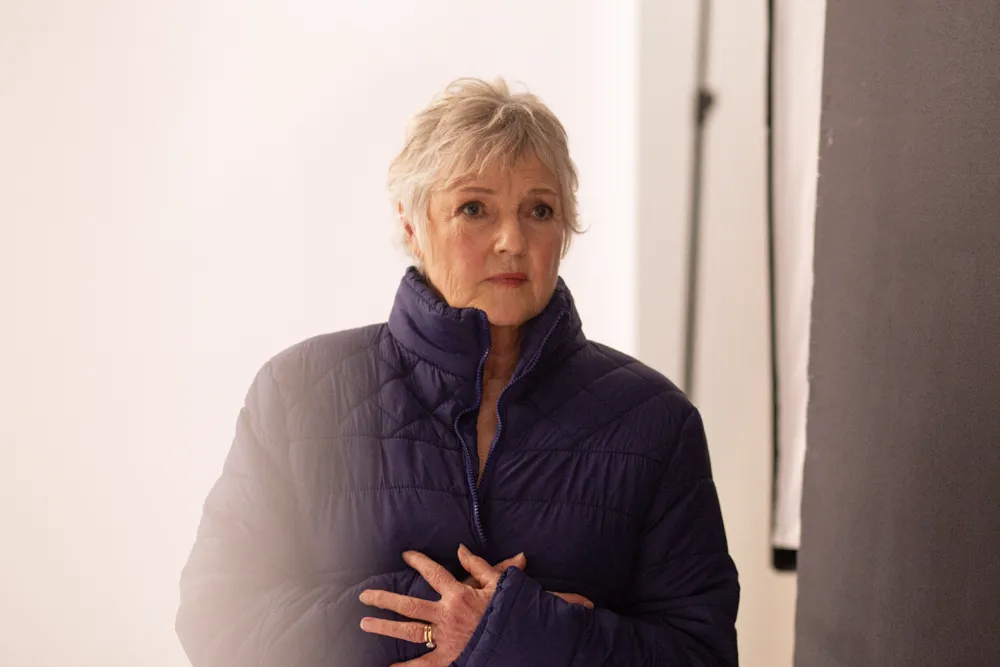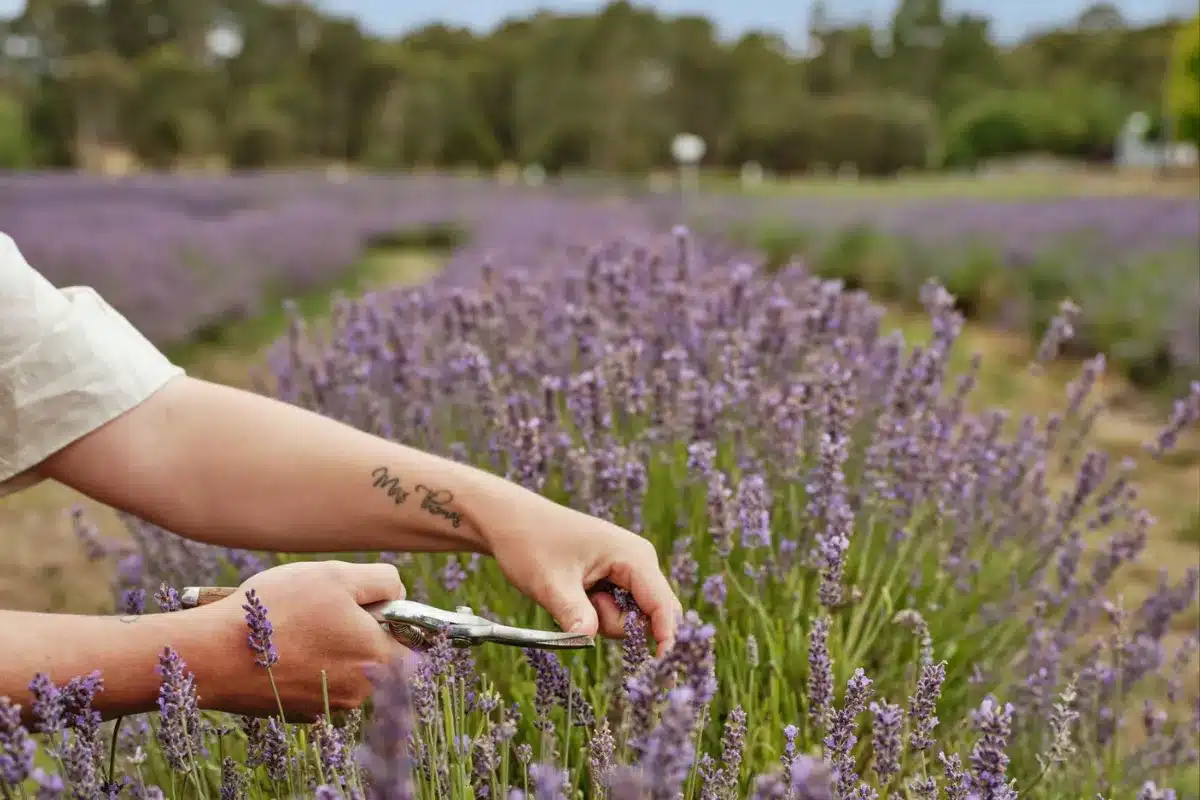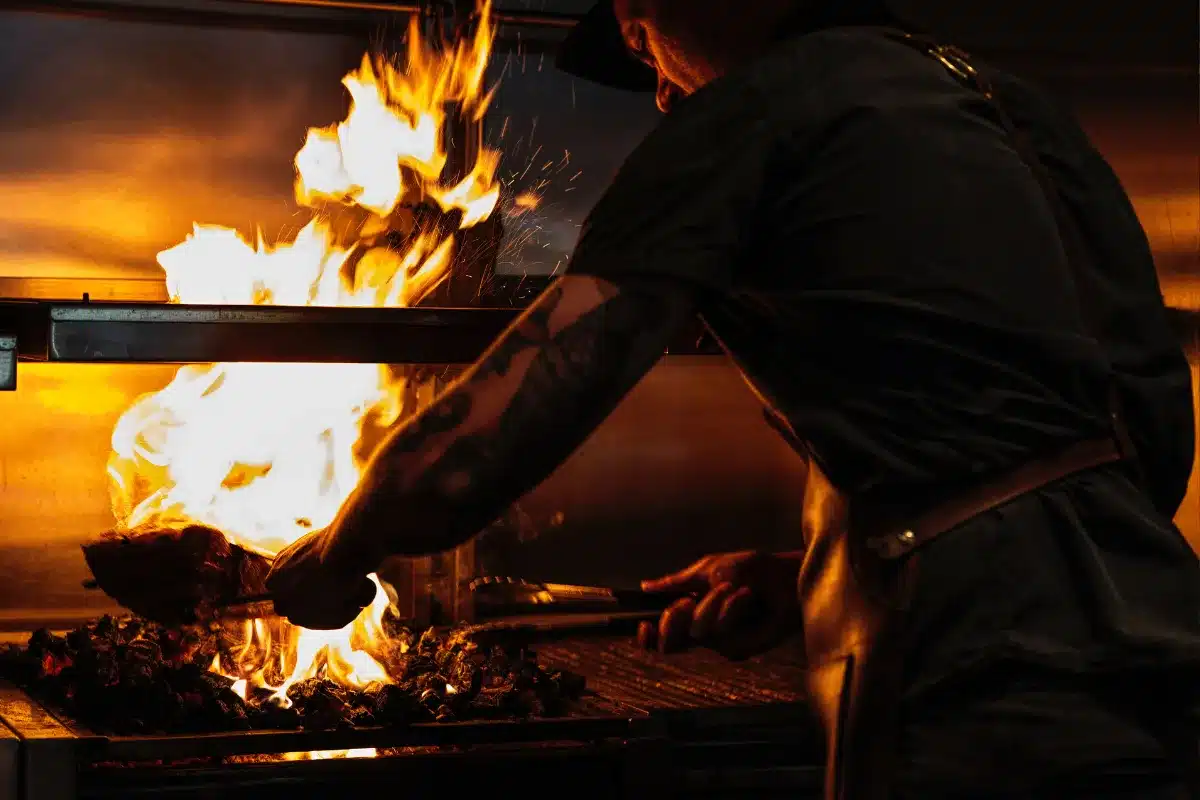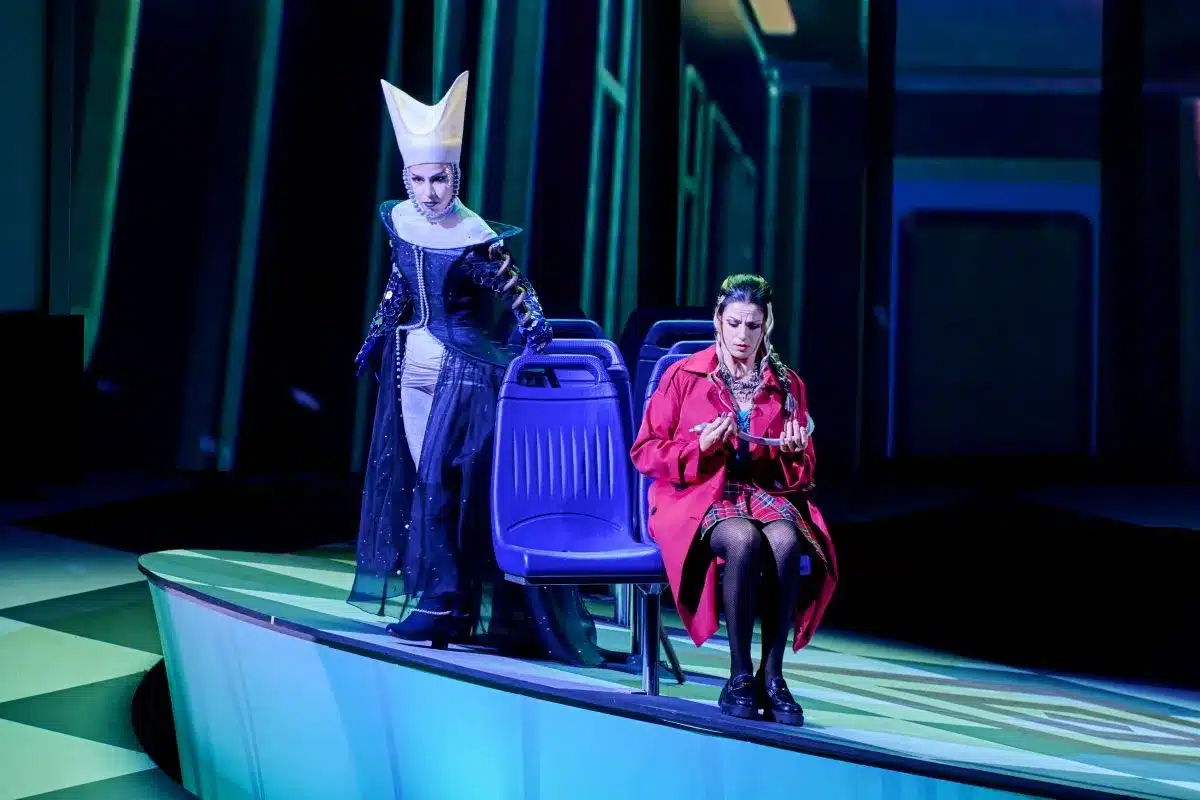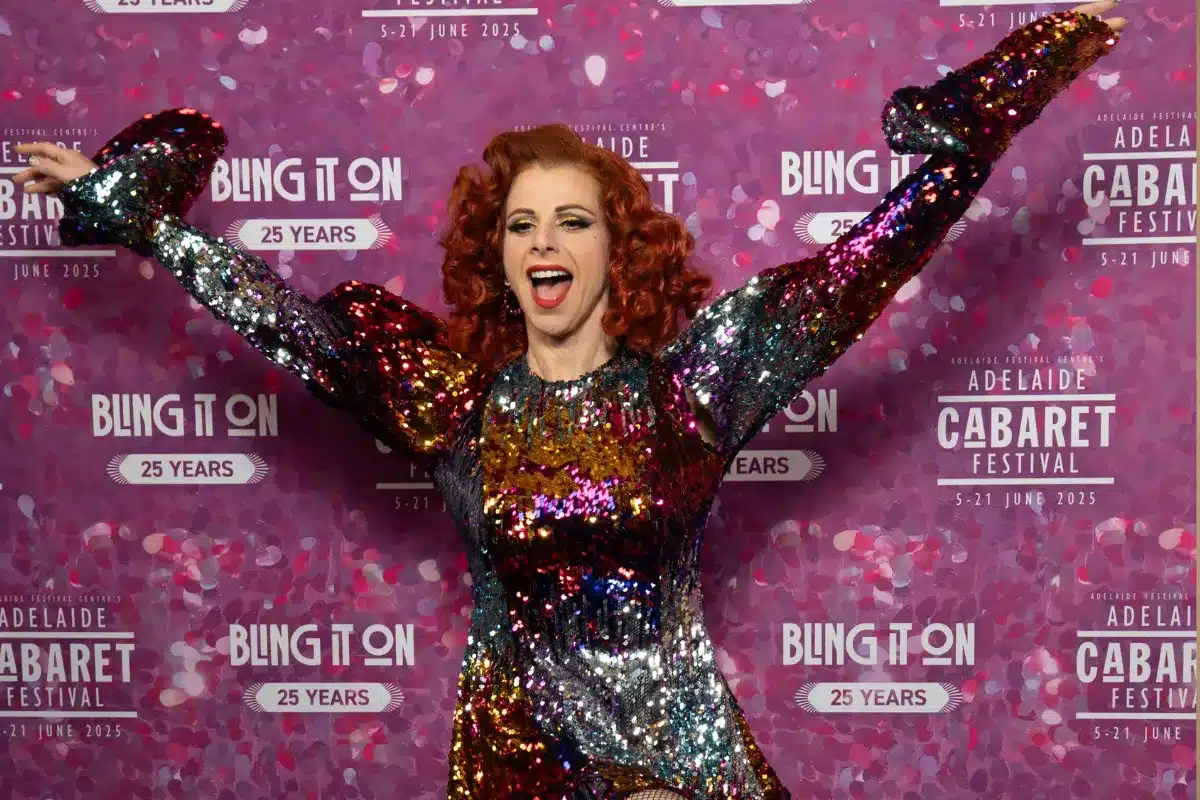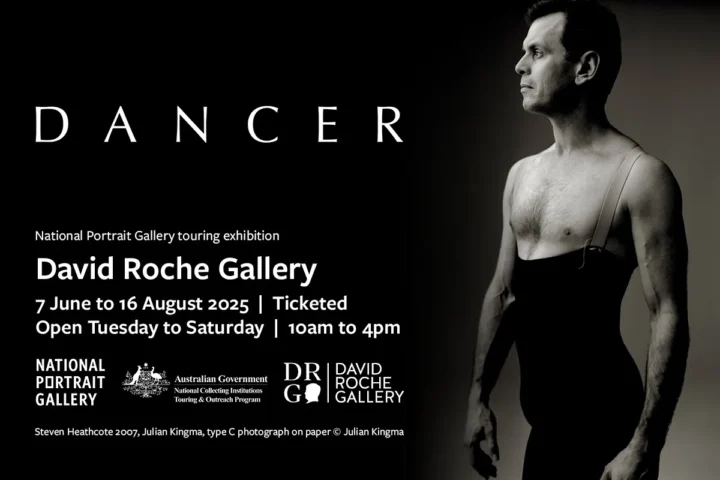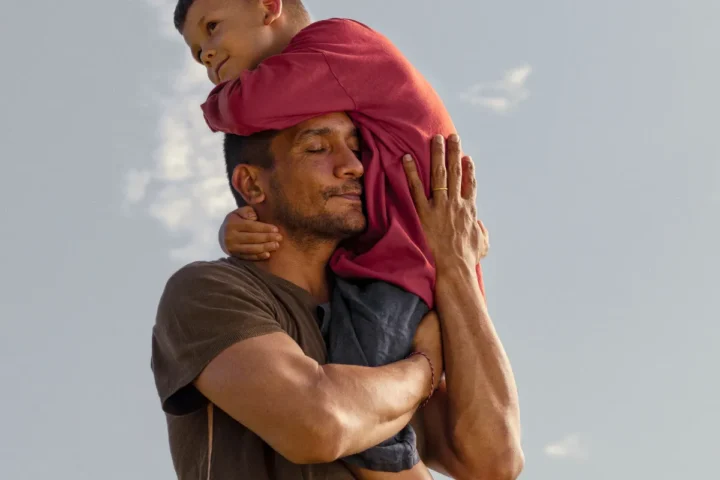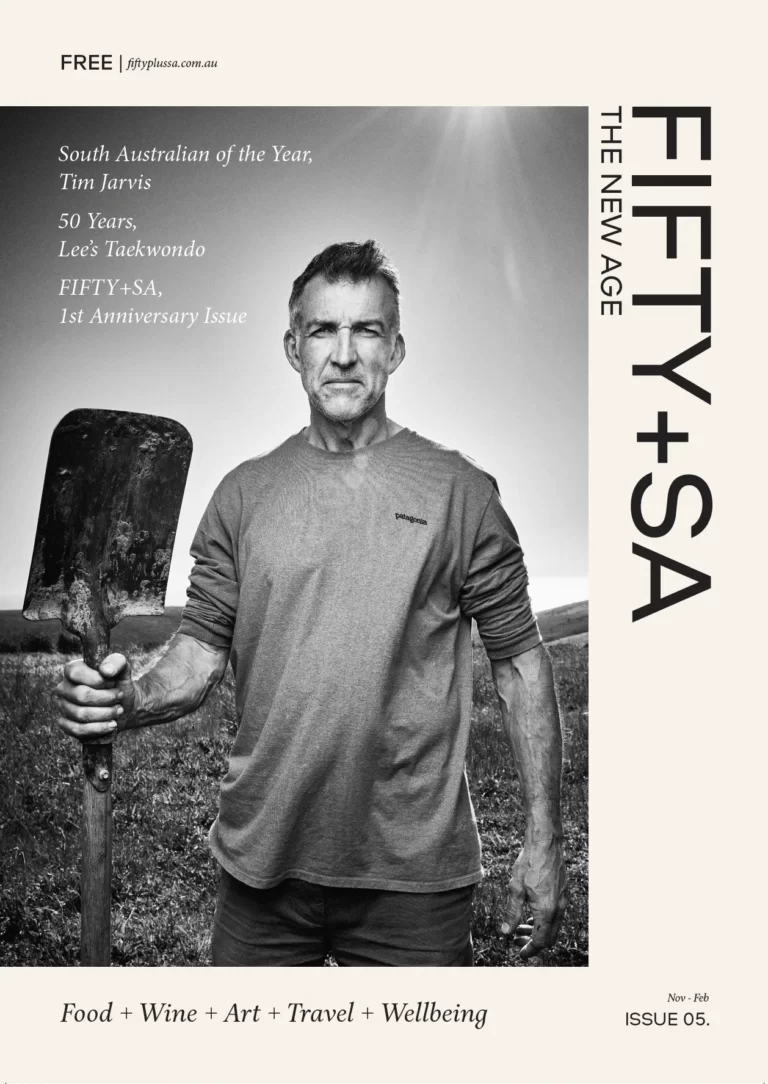The Children is a thought-provoking play that grapples with themes of survival, desire, friendship and duty in the aftermath of nuclear disaster. It’s a show that explores the complexities of modern life and environmental responsibility through the lens of three characters facing the consequences of their past actions.
In this exclusive interview, Genevieve explores the nuances of her character, Hazel, and the profound impact the play hopes to impart on its audience.
Given your extensive career in theatre, film, and television, what drew you to the role in The Children?
I’ve been very politically active all my life in relation to climate change and any issues around social justice, so this play really feeds into my passion. It’s a critically important time for our world so this play is perfectly poised at this moment to remind people about the very tough decisions that need to be made about climate change.
How do you approach embodying the complex elements in your character?
I was speaking to a fellow actress in my age group who has had a lot of experience in teaching and acting, and she spoke of the head, heart and gut realm of the character. I thought that was perfect because this character I play is really responding and reacting in relation to all those areas of the body, so what you are trying to do is trigger those responses that may be more intellectual or about emotional turmoil or what she senses is going on. By tapping into those realms, that hopefully will release the way the character moves in the space.
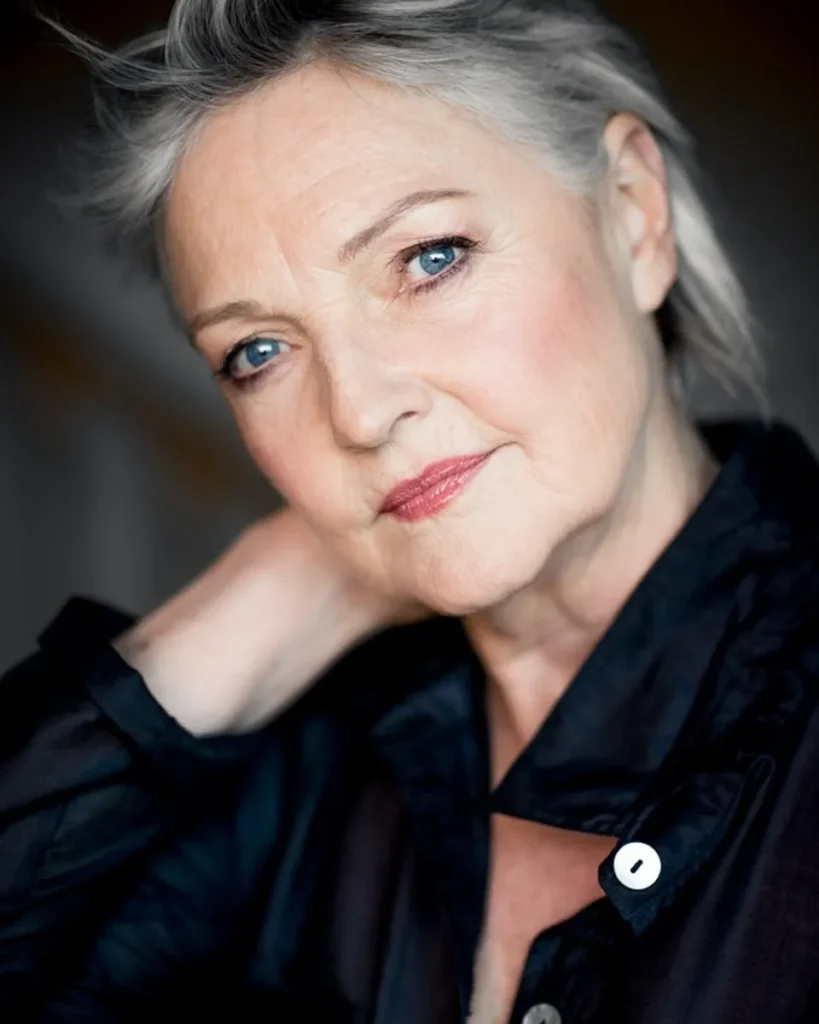
Working with acclaimed playwright Lucy Kirkwood and under the direction of Corey McMahon, how has the collaborative process influenced your understanding of the play and your portrayal of the character?
We haven’t started rehearsals but have started the dialogue which is very important because with theatre work you need to develop a strong team, it’s a team sport in that you have each other’s backs, you understand where each other is coming from and you want to help them reach their zenith in their performance. You’re building your resilience for the process of playing the game and that resilience is important for a play like this because it is only three bodies in the space and there is a lot of text. Lucy Kirkwood’s writing is so vibrant and embodies a lot of symbolic work in the characters that we will explore further as we go.
In The Children, your character, Hazel, confronts past secrets and future uncertainties. How do you, as an actor, navigate these layers of storytelling to create a compelling and authentic performance?
This is the crux of modern theatre today. You want to be able to embrace all the 20th century ideas about modern performance, which is not melodrama, it’s a particular type of style but we won’t know what that is until we begin to play on the floor. You have to create the world of the play so the audience believes that yes, these people have been to Cambridge together, they’re scientists, they’re nuclear engineers – so that process of building the belief to help the audience and the notion of suspending it for the audience is very much a part of building in the process of rehearsal.
The play deals with the aftermath of a nuclear disaster and explores climate change-related themes. What impact do you hope the play will have on the audience?
Often in the world of theatre you are speaking to the converted, so if you want to create something that has resonance and a lasting effect, in the case of The Children, we are trying to bring to those people an idea of what it’s really like for someone to have gone through a process of disaster. We have plenty of documentary material about the floods in Lismore, bushfires, all of these highly distressing and traumatic events that we hear about in the media and then everyone forgets about. For the people who experience it, it never goes away. It’s about honouring the process and tapping into your own sense of what that would be like and how people have dealt with these disasters. You’re trying to take the audience by the hand and say ‘look, this is what happened to these people, can you sit with me while I tell you the story?’
You’ve been part of iconic shows like Frontline and The Dish. How does your experience in film and television differ from theatre work?
Often, film and TV is very fast and there’s no rehearsal so it’s much more compartmentalised in the sense that you are really working often just with the director and camera person to make sure it’s in the right form or style. And you do it once and might be lucky to do it another time, so it’s all very fast compared to theatre.
The Children features an impressive cast, including Tina Bursill and Terence Crawford. How has the chemistry among the actors contributed to the overall dynamics of the play?
I worked with Tina a long time ago in a show and we have been connected ever since. Terence was my head of acting at Nepean, which was a drama school at the University of Western Sydney, and of course I have seen his beautiful work on camera and in theatre but I have never worked with him on stage before. He has so much experience in every facet, and that’s what is great when you work with people who are older, they have so much experience to draw on. It will be wonderful to work with Tina and Terence, all of their combined experience will really help create that music in rehearsal.
It’s a critically important time for our world so this play is perfectly poised at this moment to remind people about the very tough decisions that need to be made about climate change.
As a teacher of Screen Studies and a director of theatre productions, how do your experiences in education and direction influence your approach to your own acting?
I suppose when you sit in the director’s chair you’re trying to support all those things that create the landscape for the actors to be able to play and find their groove. Here, it is much more demanding because you have to let it manifest as an actor. You’re always reminded as a director or actor the difference between different bodies and how they approach the work. In this space you want to solve the problems that come up collaboratively.
In a play that grapples with themes of environmental responsibility, how do you think theatre, and art in general, can contribute to raising awareness and fostering conversations about pressing global issues?
There are stories within stories in this play, and that’s what is great about it, it touches on notions of desire, your responsibility with your children, all of these things. It’s the multiplicity that takes the play into a different dimension. When I tell people about this play, they’re immediately interested. I think people often can get overloaded when thinking about climate change but plays like this help you look at an issue in a different way, through the lens of a character. You’re letting the audience see it from a distance and it then sparks deeper thinking and conversations.
Having worked in various roles within the entertainment industry, including directing and teaching, how do you balance your multifaceted career, and what insights do you bring from one role to another, particularly in the context of this production?
Ideally you want to come to it like a newborn each time. Every project is different and nuanced – it’s new every time. You must prepare for the storage of energy because working on stage is a big release of energy. Getting yourself match-fit is the ultimate goal. And I have to do a bit of yoga and dancing in this play, which should be interesting!
The Children, Dunstan Playhouse
Feb 2-17, 2024

